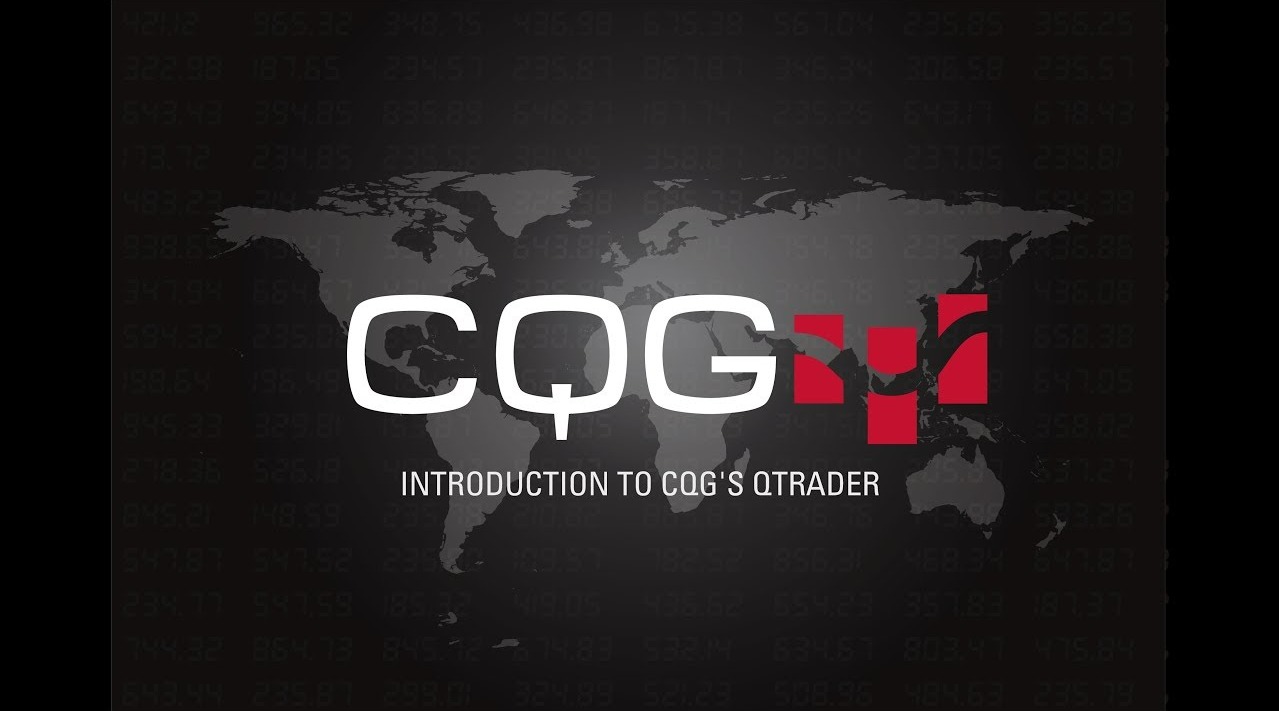The growing crypto economy is drawing the attention of financial regulators in almost every country. While some are show their distaste for digital coins, a few of them have been lenient enough.
Today, in a position paper, the central bank of the Netherlands (DNB) put forth its current stance regarding the digital economy. The banking authority made it clear that it does not consider the booming, yet nascent, cryptocurrency industry as a threat to the established fiat economy, simply because of the sheer difference in size between the two. Barely a decade old, the crypto economy holds a market cap of half a trillion dollars, which is very small when compared to the US dollar or euro.
But as large numbers of people worldwide have invested in Cryptocurrencies , the bank is worried that any sudden depreciation in the value of digital coins could be a financial disaster for many consumers. The Dutch regulator also warned crypto investors to be very cautious about their investments, reminding them that there is no safety net against any big loss, as the market is unregulated.
In spite of its distrust of digital coins, the DNB is excited about Blockchain technology, as are most of its counterparts around the world. In the document, the watchdog revealed that it has been working on four blockchain-based projects since 2015.
But it also cited the technical issues of the technology, like slow networks, inability to handle large numbers of transactions per second, and lack of sustainability. Due to these restrictions, the DNB does not see blockchain as a solution for the vast, centralized banking network, but it accepts that the distributed system can be introduced for the validation of documents, verification of identities, and transactions.
The DNB also pointed that the centralized banking system allows banks to work as a watchdog, preventing money laundering and other financial crimes.
The central bank is also against any nationwide ban on cryptocurrency, and pointing out that the decentralized nature of the economy would make it very difficult to impose any type of ban in a given country or region.
While the DNB made its opposition to a crypto ban clear, South Korean authorities are taking a strict stand against the booming cryptocurrency industry. Even other European countries are against it. The French Finance Minister recently said that he is taking the issue of regulating Bitcoin to the next G20 summit to be held in Argentina, and also appointed a workgroup to analyse the feasibility of regulating decentralized currencies.


















